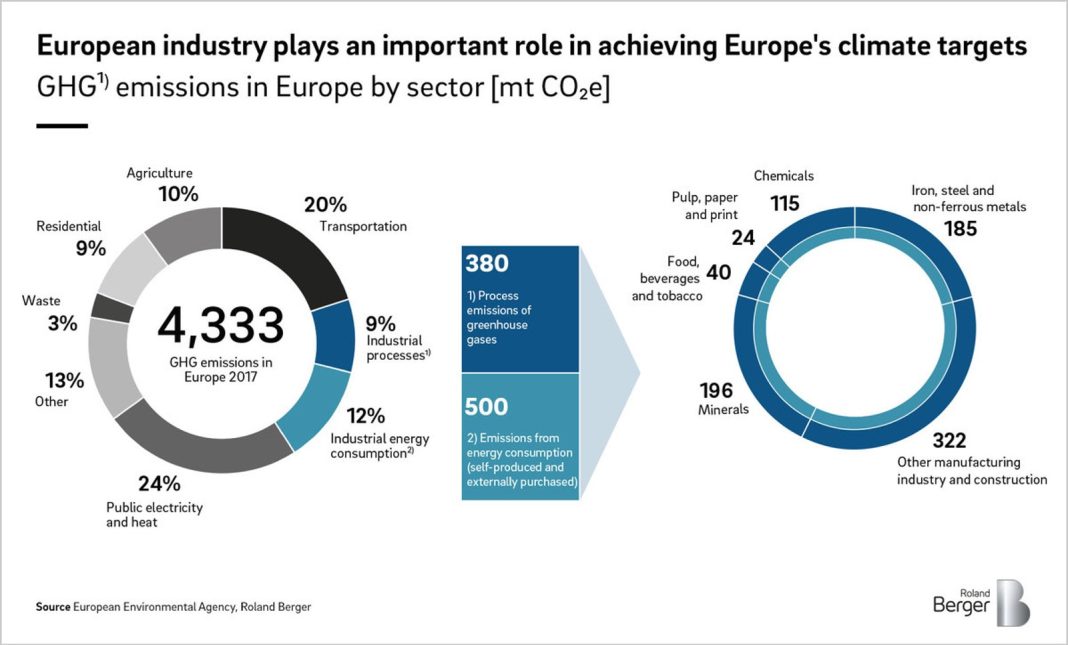Title: The NYPD’s Unlawful Disclosure of Sealed Juvenile Records
Introduction:
The New York City Police Department (NYPD) has been accused of illegally accessing and leaking sealed juvenile records. This practice not only violates state law but also undermines the presumption of innocence and fairness that the law is supposed to provide. The NYPD’s routine violations have raised concerns about civil liberties and the potential for discrimination against Black and brown young people. This article explores the lawsuit filed against the NYPD and the implications of their actions.
The Violation of Juvenile Privacy Rights:
Last spring, a 19-year-old girl was stopped by NYPD officers on the subway. Despite having a sealed record from a prior arrest as a teenager, the officers accessed the information on their phones and questioned her about it. This incident highlights the NYPD’s disregard for the privacy rights of juveniles. A New York state law explicitly protects juvenile records from access by anyone, including law enforcement, without a court order, unless there is a finding of guilt.
The Class-Action Lawsuit:
In July, three plaintiffs, including the 19-year-old girl, filed a class-action lawsuit against the city and NYPD Commissioner Edward Caban. The suit alleges that the NYPD illegally accesses, uses, and leaks sealed youth records. It further claims that officials routinely share these sealed records with prosecutors and the media, specifically pro-police tabloids that regularly publish juvenile arrest information sourced from the police. The lawsuit aims to put an end to this unlawful practice and seeks to declare the NYPD’s actions a violation of state law.
The NYPD’s Disregard for Civil Liberties:
Legal advocates working on the lawsuit argue that the leaking of sealed juvenile records reflects the NYPD’s broader disregard for civil liberties. Lisa Freeman, director of special litigation and law reform at the Legal Aid Society, states that the NYPD’s attitude seems to be that anyone who has come in contact with them, particularly young people of color, should be subjected to hyper-surveillance and kept in their databases. This raises concerns about racial profiling and discrimination within the criminal justice system.
Contradictory Internal Practices:
The lawsuit alleges that the NYPD’s internal practices regarding sealed records contradict one another. While the office for conducting legal training issued a bulletin in 2018 stating that youth records must not be shared outside of the department, these records are routinely passed to the media, as reported by tabloids. This inconsistency in internal policies and practices further supports the claim that the NYPD is unlawfully disclosing sealed juvenile records.
Implications for Juveniles and Future Discrimination:
Accessing and sharing sealed juvenile records not only violates the law but also has profound effects on young people. The records can be used to make decisions that impact their lives, such as whether to arrest or detain them. Additionally, these records can be used to discriminate against Black and brown young people in the future. The intention behind sealing juvenile records is to separate them from adults in the criminal system, allowing for rehabilitation and protecting them from unfair treatment.
Seeking Justice and Accountability:
The plaintiffs in the lawsuit are seeking an injunction to immediately stop the NYPD from accessing, using, and sharing sealed juvenile records. They also aim to have the court declare the NYPD’s practice a violation of state law. Legal advocates argue that the NYPD’s routine violations undermine the credibility of the juvenile legal system and the public’s perception of its fairness. The case highlights the need for accountability and the protection of juvenile privacy rights.
Conclusion:
The NYPD’s illegal leaking of sealed juvenile records is a violation of state law and undermines the presumption of innocence and fairness. The class-action lawsuit filed against the city and NYPD Commissioner aims to put an end to this practice and seek justice for the affected individuals. It also raises concerns about civil liberties, racial profiling, and discrimination within the criminal justice system. Protecting the privacy rights of juveniles is crucial to ensure their rehabilitation and prevent future discrimination based on their past records.
